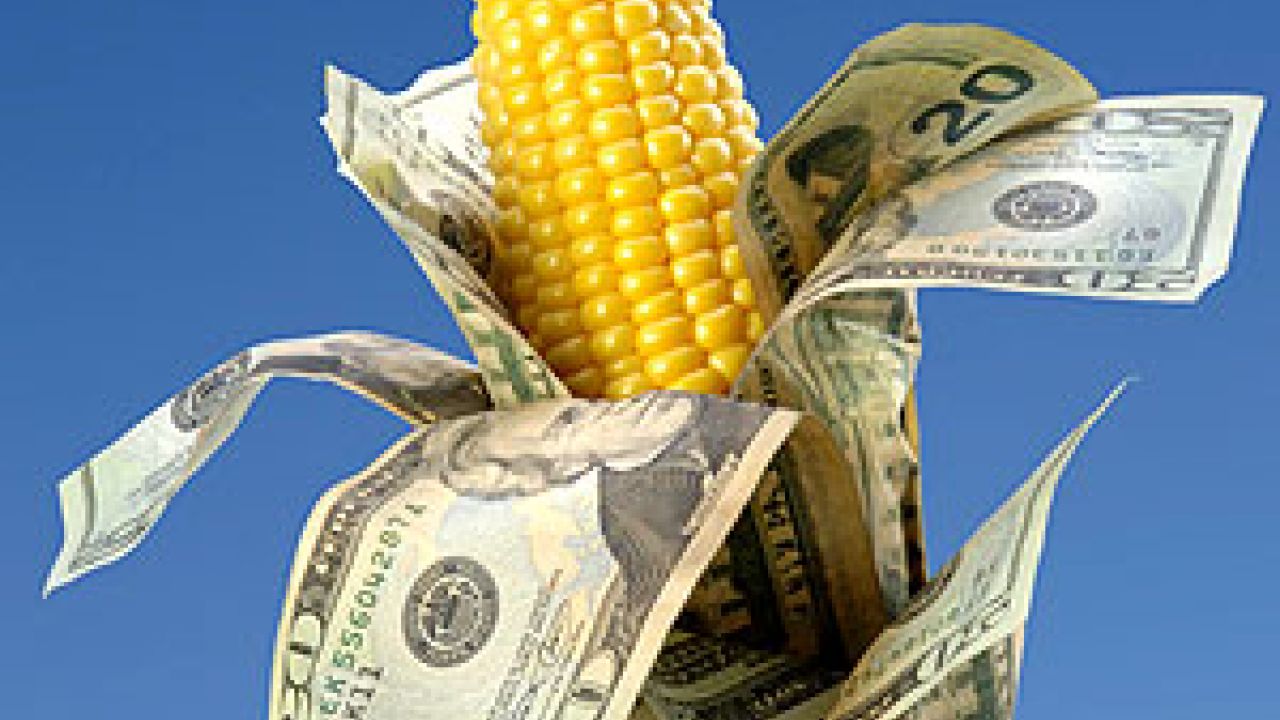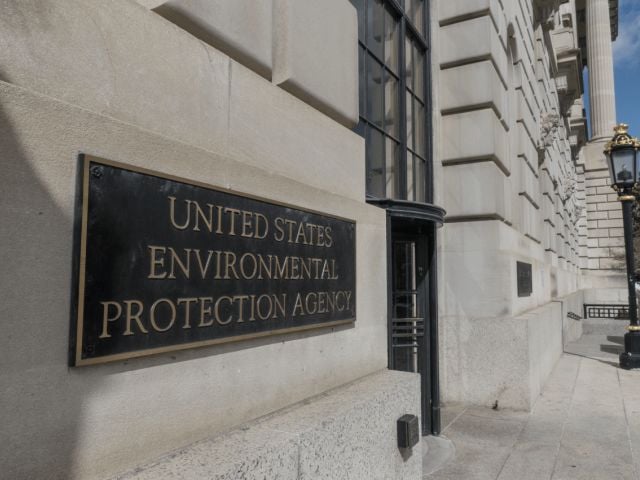
On the same day that the House will vote to end health insurance subsidies for low income Americans, the House Agriculture Committee will vote to increase crop insurance subsidies for the largest and most profitable mega farms – and will cut nutrition assistance programs to pay for it.
Many of the same House Agriculture Committee members who will vote tomorrow (Wednesday) on a proposal to increase crop insurance subsidies voted against the Affordable Care Act in 2009, including Chairman Frank Lucas (R-OK) and Ranking Member Collin Peterson (D-MN). Other members of the House Agriculture Committee who are expected to support unlimited insurance subsidies for corn and cotton farmers tomorrow but voted against health insurance subsidies for low income Americans in 2009 include Reps. Tim Holden (D-PA), Larry Kissell (D-NC), and Mike McIntyre (D-NC), as well as Reps. Bob Goodlatte (R-VA), Tim Johnson (R-IL), Steve King (R-IA), Randy Neugebauer (R-TX), Michael Conaway (R-TX), Jeff Fortenberry (R-NE), Jean Schmidt (R-OH), Glenn Thompson (R-PA), and Thomas J. Rooney (R-FL).
Unlike the health insurance subsidies included in the Affordable Care Act, crop insurance subsidies are not subject to any limits on who can receive subsidies or the amount they can receive. As a result, 26 policyholders each collected more than $1 million in insurance subsidies in 2011 and more than 10,000 each collected more than $100,000, according to an Environmental Working Group analysis. Roughly 30,000 policyholders collected 42 percent of all premium subsidies in 2011.
Rather than place reasonable limits on crop insurance, the Lucas-Peterson proposal that will be considered tomorrow by the House Agriculture Committee actually expands crop insurance subsidies – at a cost of more than $9 billion. To help pay for this expansion and meet deficit reduction targets, the Lucas-Peterson proposal will cut the Supplemental Nutrition Assistance Program, known as SNAP, by $16.1 billion and cut environmental programs by $6.1 billion.
In other words, the bill would give unlimited taxpayer dollars to farmers who are already making record profits and less support to hungry kids who depend on federal assistance for food, and to programs that keep drinking water clean.
Reasonable crop insurance reforms like payment limits and means testing – which already apply to SNAP and to health insurance subsidies – could save more than $20 billion when combined with cuts in subsidies to crop insurance companies. But such reforms were not considered by the committee leaders and face an uphill fight on the floor of the House.


